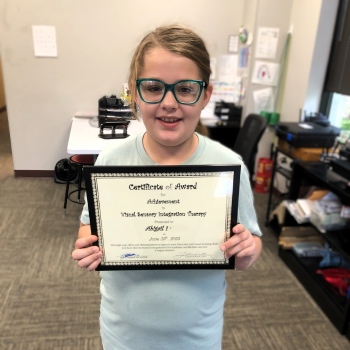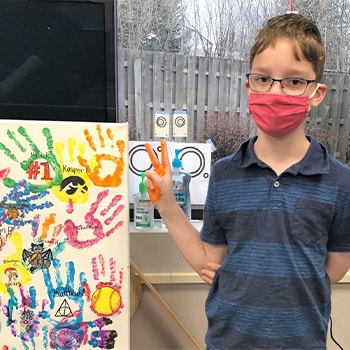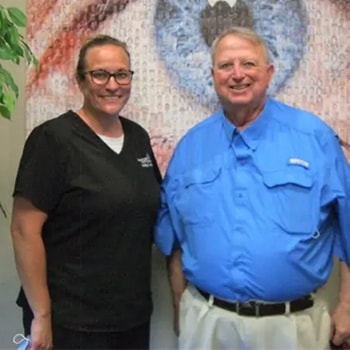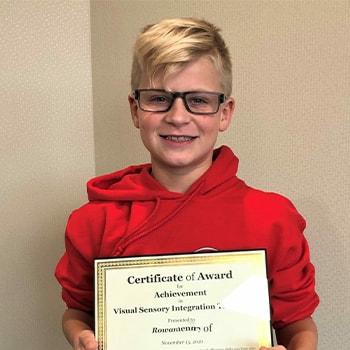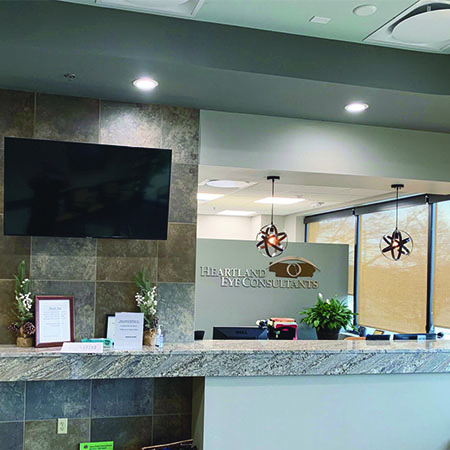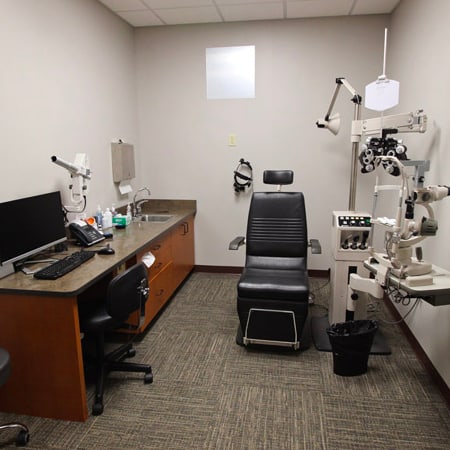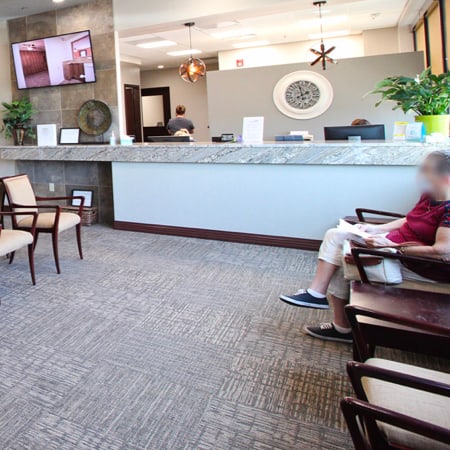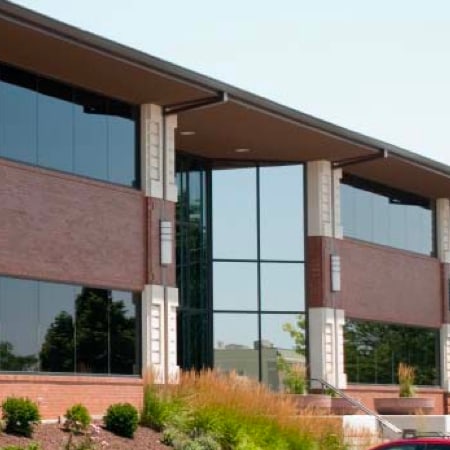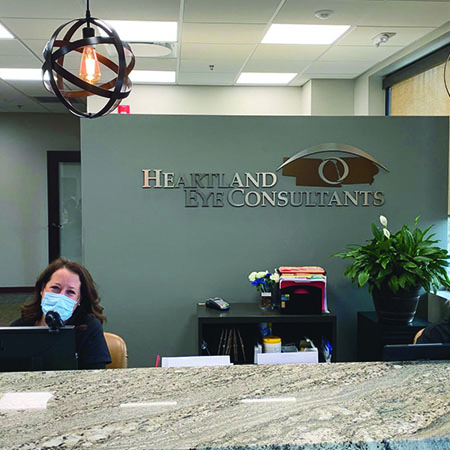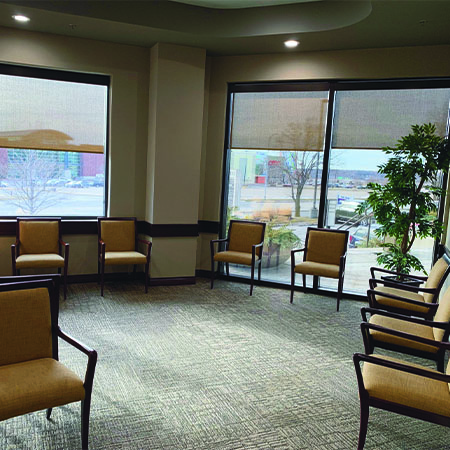Protecting Your Vision from Eye Disease
The eye doctors at Heartland Eye Consultants believe 3 key factors influence the successful treatment of ocular disease. The quality time spent with the patient, the experience and talent of the doctors, and the use of advanced technology to diagnose and manage the condition.
When you visit our team, you’re sure to feel comfortable in our care. Contact us if you are experiencing vision problems, and we’ll be happy to answer all your questions.


We’re Here for You
As a specialty eye and vision center, we know the importance of high-quality care. Our optometrists cover a wide range of specialties to suit your unique needs. We’re dedicated to finding a solution that works best for you by taking the time to listen, understand, and then explain our personalized care plan.
Common ocular diseases we treat include:
- Cataracts
- Glaucoma
- Macular Degeneration
- Dry Eye Disease
Cataracts
A cataract is the clouding of the eye’s natural lens. Your eye’s lens is mostly made of water and protein. As we age, some of the proteins may clump together and start to cloud the lens. Over time, it may grow larger and make it difficult to see clearly.
Symptoms of Cataracts
If you notice the following sign or symptoms, please don’t hesitate to contact us:
- Glare and halos around light
- Faded colors
- Frequent changes in glasses or contact lens prescription
- Double or smearing of vision in one eye
Are You at Risk for Cataracts?
The risk of cataracts can increase due to the following factors:
- Aging
- Family history of cataracts
- Medical conditions such as diabetes
- Smoking
- Experiencing an eye injury
- Damage from UV rays

Glaucoma
Glaucoma is a group of eye diseases that gradually steal sight without warning. In the early stages of the disease, there are rarely symptoms. The progressive loss of vision done by glaucoma is irreversible.
Glaucoma affects the eye’s optic nerve, which acts like a cable carrying millions of “wires” or fibers from the eye to the brain. When glaucoma is present and untreated, these fibers are progressively damaged, leading to vision loss.
Are You at Risk for Glaucoma?
Your risk for glaucoma increases with the presence of any number of the following:
- Family history of glaucoma
- High nearsightedness
- Diabetes mellitus
- Over the age of 60
- History of eye injury
- Elevated intraocular pressure (IOP)
What to Expect at Your Evaluation
Because glaucoma is a complex disease, the initial evaluation requires an extensive examination using many diagnostic instruments. These tests are necessary to determine your glaucoma severity or risk.
You can expect the exam to include:
- Tonometry for accurate measurement of intraocular pressure (IOP)
- Visual field testing of peripheral vision
- Gonioscopy to evaluate the fluid drainage/filtration structure inside the front of the eye
- Pachymetry to measure corneal thickness
- Dilated fundus examination to view the optic nerve for signs of glaucoma or other concurrent or associated diseases
- Retinal photography to take an image of the optic nerve and retina to evaluate the area and monitor changes over time
- Optical Coherence Tomography (OCT) produces highly detailed images of the retina and optic nerve to help track changes over time
Time, Talent, & Technology
TIME—We want you to leave our office with a full understanding of the nature and risk of glaucoma, and feel comfortable with the individualized treatment plan we have developed for you. We believe patient education is paramount and devote our time to carefully examining your eye and thoroughly explaining the results of the exam and its indications for treatment.
TALENT—Our glaucoma specialists have been trained at the highest levels of the optometric profession, and they have over 35 years of experience treating glaucoma. They are perennial lecturers at various professional conferences nationwide and serve as adjunct clinical professors at several optometry schools.
TECHNOLOGY—Heartland Eye Consultants is at the forefront of glaucoma diagnosis and management with the use of advanced technological instruments. Dr. Robert Vandervort has served as a consultant for several companies specializing in glaucoma diagnostic equipment. We employ ocular coherence tomography, fundus photography, visual field testing, VEP and ERG testing, and various intraocular pressure (IOP) instruments to evaluate our patients.
Macular Degeneration
Age-related macular degeneration (AMD) is a degenerative retinal disease that causes a progressive loss of central vision. The retinal degeneration in AMD occurs in the area of the eye called the macula, responsible for the detailed vision of objects in front of you.
What Are the Risk Factors for MD?
Risk factors for AMD include:
- High blood pressure
- Caucasian background
- Family history of AMD
- Over the age of 55
- Smoking
Difference Between Wet & Dry MD?
Dry macular degeneration is usually the earlier and/or milder form of the condition, where cellular waste products (called drusen) build up in the macula.
Wet macular degeneration is the more advanced and severe form of the condition, where fluid (water or blood) leaks out of the vessels in the macula and causes dramatic vision loss.

Early Detection for Managing Eye Disease
Early detection is essential for preventing eye diseases and conditions that can affect sight and eye health. Contact Heartland Eye Consultants to learn more about preventing vision problems and to book regular eye examinations.
Vision Therapy

Vision therapy is an effective, non-surgical, doctor-supervised treatment that retrains the brain and eyes to work together more efficiently. Rather than compensate for vision problems, vision therapy aims to treat and correct the visual system itself.
Discover how we can help you or your child overcome vision problems such as strabismus and amblyopia, and build a greater sense of confidence. Take our vision therapy quiz today!



Our Location
We’re located just off Nicholas Street across from Westroads Mall. If you have trouble finding us, please give us a call at 402-493-6500.
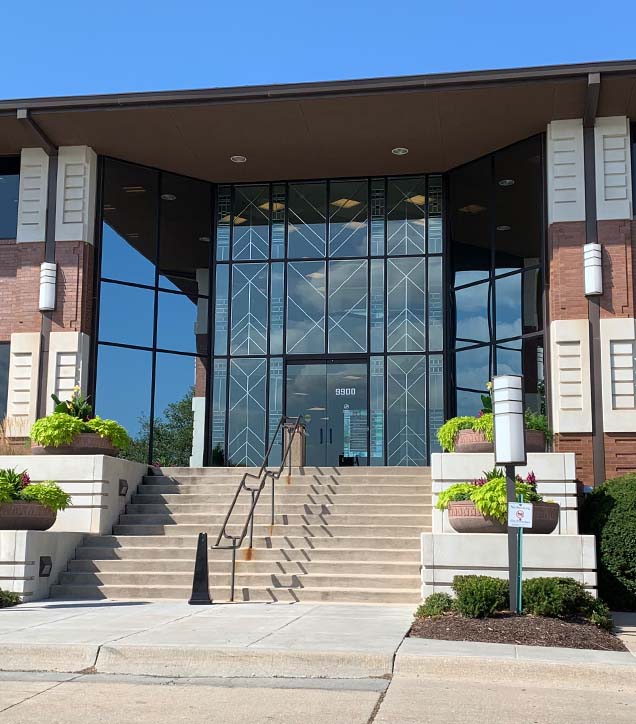
Our Address
- 9900 Nicholas St, Suite #250
- Omaha, NE 68114
Contact Us
- Phone: 402-493-6500
- Fax: 402-493-4370
Hours of Operation
- Monday: 8:15 AM – 5:15 PM
- Tuesday: 9:00 AM – 5:15 PM
- Wednesday: 8:15 AM – 5:15 PM
- Thursday: 8:15 AM – 5:15 PM
- Friday: 8:15 AM – 5:15 PM
- Saturday: Closed
- Sunday: Closed
See Our Google Reviews















